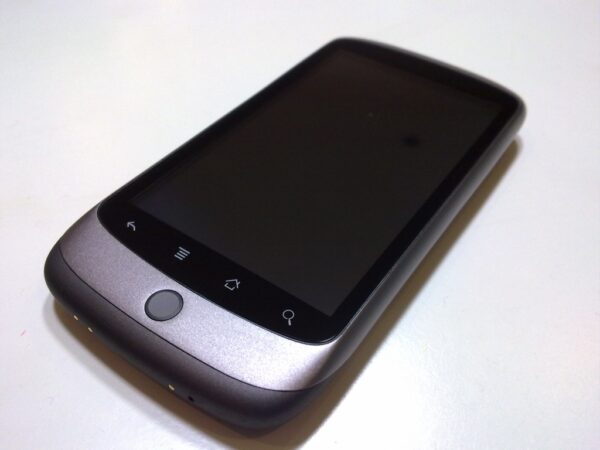I was running a network workshop yesterday. During the break, I spotted someone with a HTC Desire phone. So, I thought to conduct an impromptu poll of Android and iPhone users. There were, surprisingly, 3 HTC Desire users, as well as 2 HTC Magics, and 1 Nexus One (me). Even more surprisingly, there was just 1 lone iPhone user. So it seems, Android outnumbered iPhone by a 6:1 ratio. How interesting.
Notice, also, that all the Android phones where made by HTC (Google’s Nexus One is made by HTC, in case you did’t know).
There were just, maybe, about 16 people at that point in the poll. The sample size, of course, is just so small to make any meaningful extrapolation on broader Android vs iPhone adoption. But it was, nevertheless, an interesting find. Perhaps it’s got to do with the kind of people who would come to a networking workshop. But, this is a computer networking workshop… it’s not an Android workshop, so it’s not as if it is no-wonder that there should be more Android users in there.
It’s refreshing to see these Android numbers. I’ve been quite surprised at the overwhelming adoption rates of iPhones in Singapore. I imagine it’s even more than in the U.S. It’s almost like, in Singapore, if its not an iPhone, then it’s not a phone. Everywhere I go, most people seem to be holding on to an iPhone.
This comes at a time when Apple and Google just had some exchanges over the activation rates for their respective platforms. Steve Jobs had announce during their 1 September media event that they were activating 230K iOS devices every day. Notice that iOS devices also includes iPod Touches. Jobs had suggested then that Google’s previous announcement of 200K Android activations per day probably included “upgrades” (i.e. reactivations after software upgrades), but this was quickly shot down by Google that the numbers did not include upgrades.
So there is much speculation that Android could already have overtaken iPhone numbers. Google’s announcement of 200K per day activations was on 4 August. By the time of Job’s announcement on 1 September, this number would have risen. After all, several flagship Android phones were launched in the U.S. since… Samsung Galaxy S, Motorola Droid 2. (See: ComputerWorld blog post)
So it seems that Android does have a fighting chance to overtake iPhone’s lead. It should be interesting to see what happens when that happens.

